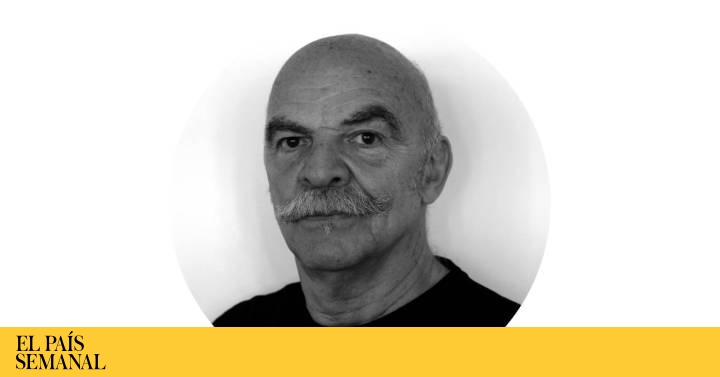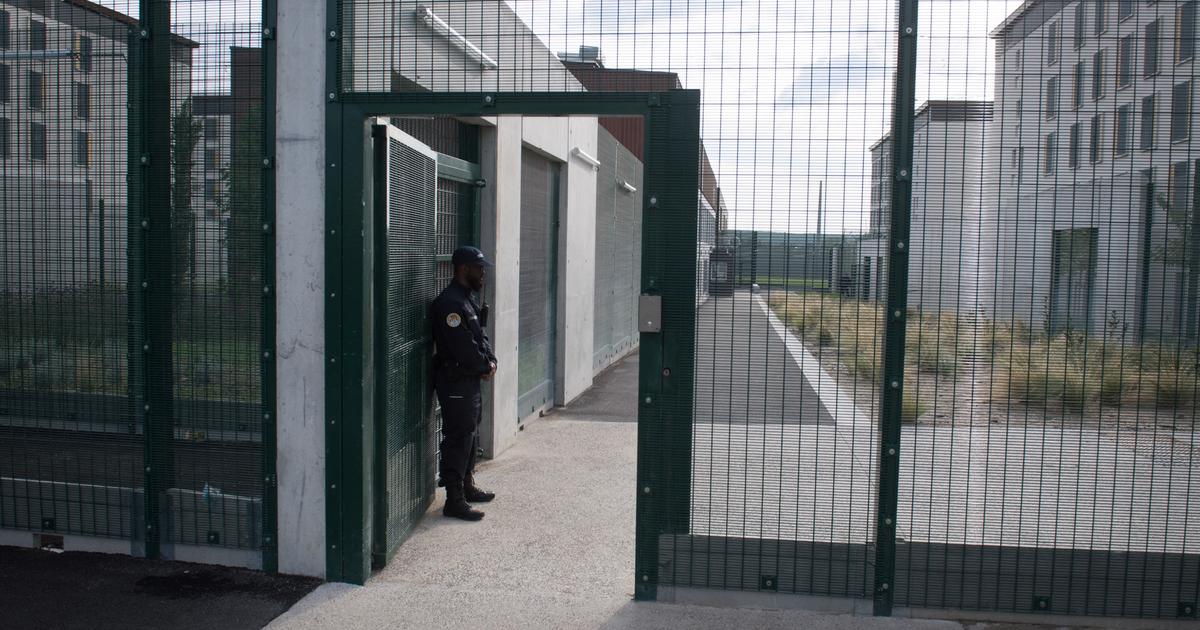That was confinement. If he saw us now, that Frenchman would surely confirm his worst suspicions about the effects of milking on the decline of the race or wonder if we have nothing else to complain about. And later, if we asked him, maybe he would tell us his story. He liked, we know, to tell his story.
When he was born, Aimé Bonpland was called Aimé Jacques Alexandre Goujaud; Bonpland was the nickname of his surgeon father, and it fit him. It was 1773, and it was running a lot: a few years later the world would change forever thanks to a tricolor flag and a pair of guillotines. So Bonpland studied botany and medicine, he learned to learn from nature. At 27, the most famous scientist of those times, Alexander von Humboldt, invited him to accompany him on a journey of exploration. They wanted to go to Egypt; they ended up in the United States, Cuba, Venezuela, Colombia and several others. It would be five years of, said Bolívar, “rediscovering America” and navigating it in one of the most influential trips in history: the trip that, among other things, would invent the idea of nature that we still have.
After that any life would be almost too much. Bonpland returned to Paris, ran the empress' botanical garden, wrote books. When Napoleon was overthrown, he decided to leave and chose, among many places, Buenos Aires. His rulers had promised to found him a museum; When he arrived they told him that there was no money, that the war, that the enemy, that he was waiting: a classic. He waited, he was a doctor, he despaired, he left: he climbed a thousand wild kilometers to settle in the northeast of the country, border with Paraguay, a humid, green and hot region where he would never lack flora to observe.
Tropical Bonpland began to study and cultivate yerba mate, the local wealth since two centuries before, the Jesuits began to cultivate and export it. But Paraguay had a self-proclaimed Supreme Dictator, Don José Gaspar Rodríguez from France, who would not tolerate any foreigner stealing his treasure from him. The yerba mate must have been Paraguayan heritage and that franchute would be punished for his Promethean audacity.
"I could not allow the grass to be prepared in that place, which would harm Paraguayan commerce, so I found myself in the need to send my troops," said the dictator. One night 400 soldiers invaded the plantation, destroyed it, killed most of its workers, and took the French. There, on the other side of the Paraná river, there was an infected town called Santa María. There they ordered him to stay, confined — for the heinous crime of having planted yerba mate.
And there he stayed. The martyr of mate was famous; powerful and famous of the world asked for his freedom; his government sent envoys and ultimatums; Humboldt and San Martín cried left and right; his old friend Simón Bolívar even threatened to invade Paraguay if his dictator did not release him, but nothing. Aimé Bonpland built a confined life for himself: he was allowed to go out to the outskirts of the village, look at plants and animals, study - and it was enough for him.
Aimé or Amado or Amadeo Bonpland spent 10 years in that small Paraguayan town. His wife, Adeline, under the pretext of looking for him, toured America as before, and was the first woman to cross Cape Horn. He, meanwhile, discovered plants, wrote, drank rivers of mate, had local girlfriends, even reproduced. He missed his world; sometimes they let him write a letter, receive some. In those 10 years Bonpland knew so little about his own; when they finally let him out he could no longer return. After a few months in France, he settled again in Corrientes, on the Argentine side of the Paraná River, and there he married the daughter of a Guaraní chieftain and spent the rest of his life; there he died, at 84 years old. That's how confinements sometimes end.















